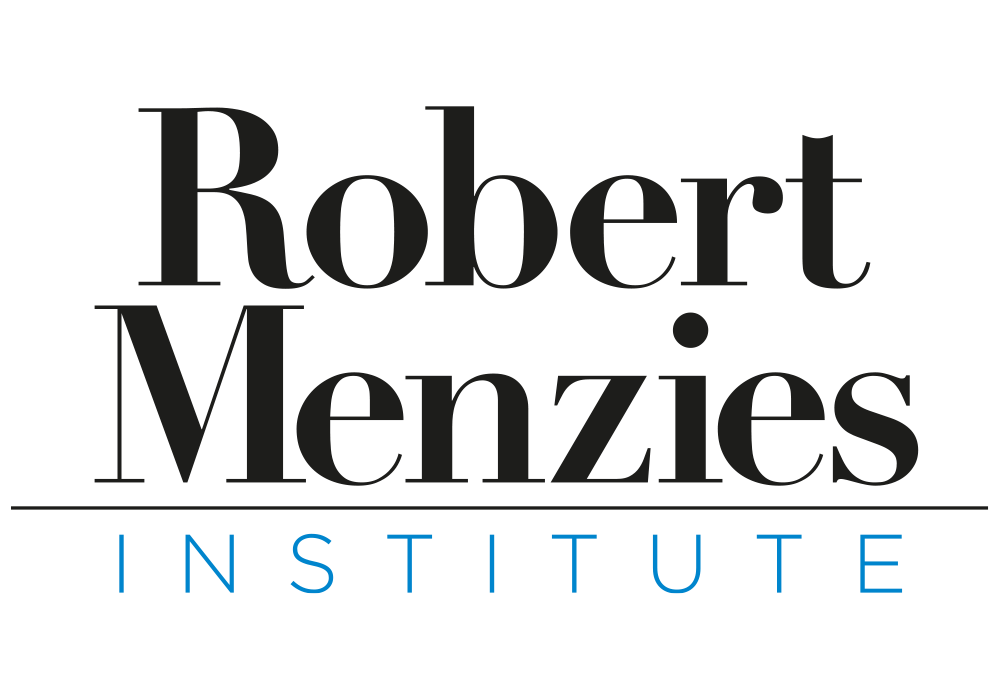Menzies Meets De Valera
Menzies photographed with De Valera in 1941. Image from the Menzies Papers in the National Library of Australia.
On this day, 4 April 1941, Robert Menzies meets with Irish leader Éamon de Valera in a bold attempt to convince him to end the policy of strict Irish neutrality during World War Two.
When Menzies arrived in wartime England in early 1941, he was surprised at the level of open hostility the British maintained towards Ireland over its position of neutrality. However, in meetings of Churchill’s War Cabinet he quickly learned that the consequences of the Irish position were threatening Britain’s survival. This was because Ireland had blocked Britain’s access to the so-called ‘Treaty Ports’, forcing British ships bringing in essential supplies from North America to take the long route around the north, where they would be subject to extra U-boat attacks and raids from long-range German bombers.
In a bitter twist of fate, these ports had only been ceded to Ireland by the government of Neville Chamberlain in 1938, as the British had initially retained control over them based on their strategic importance following the granting of Irish self-government in 1921. At the time, Churchill had been bitterly opposed to giving up the ports, suggesting that the government was placing the nation’s ‘head in... a noose’. Now, in the midst of the war there were rumours that Churchill might attempt to unilaterally seize back the ports, thereby violating Irish sovereignty and causing an international crisis; and he had already begun imposing harsh restrictions on trade and shipping to England’s island neighbour. There was an added layer of complexity in that Ireland at this time was still a Dominion under the British Crown, hence there were all sorts of constitutional questions raised about whether the same King could be simultaneously at war and neutral.
Menzies thought that as an interested outsider he might be able to break the impasse over the ports by meeting with De Valera personally - particularly because as Australia’s PM he was the representative of a community that had such a high proportion of people of Irish descent. This idea was partly inspired by American diplomat William Donovan, who privately told Menzies that ‘The Irish potato farmer is beginning to discover that neutrality is not profitable’. When Churchill got wind of the idea he was furious, with Menzies recording in his memoirs that his British counterpart had told him ‘Never with my approval will you visit that wicked man’.
Undeterred, Menzies decided it was worth a try. After all, he was also the head of an independent British Dominion and did not need the permission of Churchill to travel internationally. He travelled via Northern Ireland, where he made a speech emphasising Ireland’s shared loyalty to the Crown – arguably a misjudgement of the audience he would soon face.
The next day he would meet De Valera, who Menzies described in his diary as being educated, personally charming, and keen to talk about history though ‘not all ancient’ (Menzies later recalled that after a two-hour conversation, the Irish leader had ‘brought his historical review up to the Norman Conquest!’). De Valera and his Ministers had ‘done time’ as rebels, and with ‘family blood...spilt in the streets’, they were not keen on subjecting themselves to a potential Nazi attack for the benefit of their erstwhile masters - even though they were in general supportive of the Allied cause.
Menzies found himself surprisingly sympathetic to their attitude, noting that while ‘my own instinctive bias is in favour of Ulster, I was occasionally a little disturbed to find myself wondering whether the Ulster attitude is really a reasoned one’. He produced a report in which he said that it was ‘fantastic’ to find out that ‘I have had more conversations with De Valera than any British Minister since the war began’, explained the Irish position, and called for greater diplomatic exchange including that De Valera be invited to visit London for talks.
Churchill was not impressed by the report, and the matter ultimately went nowhere. But the incident is still remarkable as an example of Menzies’s self-confidence, and as evidence of how he was notably free of the sectarian bigotry that was highly common in the era. Indeed, Menzies even wrote home to his wife Pat that ‘I rather like De Valera’, but warned her that such a fact should be told to his more sectarian parents ‘only with great discretion’.
In many respects, the Ireland episode presaged Menzies’s later intervention during the Suez Crisis 15 years afterwards, as both were examples of a certain naivete and optimism that allowed Menzies to achieve much, but which could lead him to embarrassing blunders.
Further Reading:
A.W. Martin, Robert Menzies, A Life: Volume 1 1894-1943 (Melbourne University Press, 1993).
Robert Menzies, Afternoon Light: Some Memories of Men and Events (Melbourne: Cassell Australia, 1967)/
Robert Menzies, Dark and Hurrying Days: Menzies’ 1941 Diary, ed. A.W. Martin & Patsy Hardy, (Canberra: National Library of Australia, 1993).


